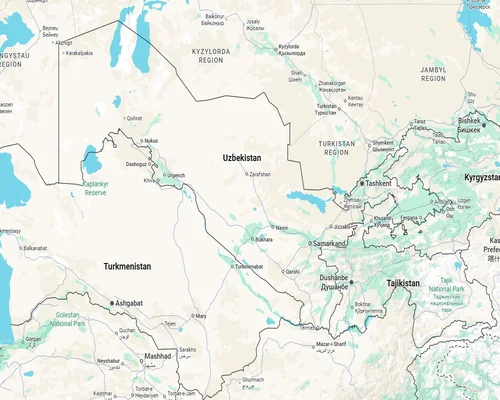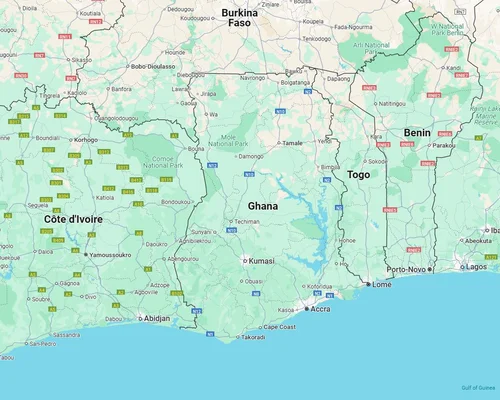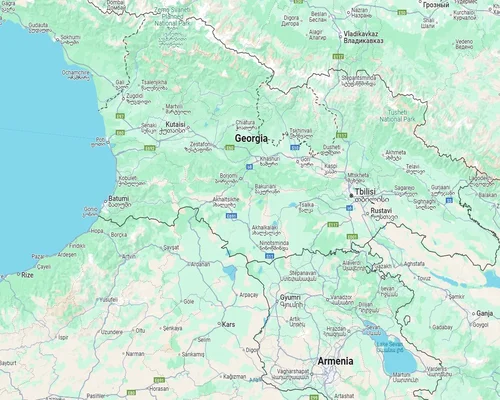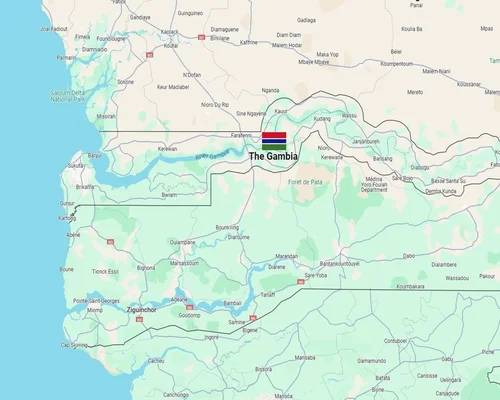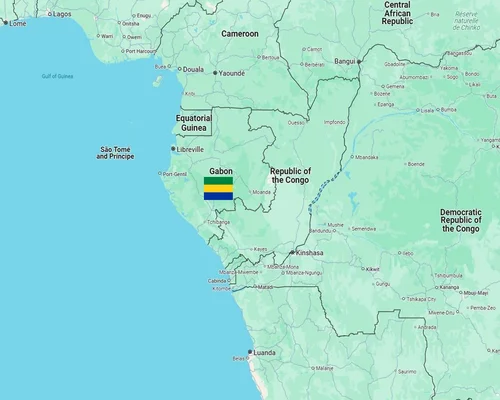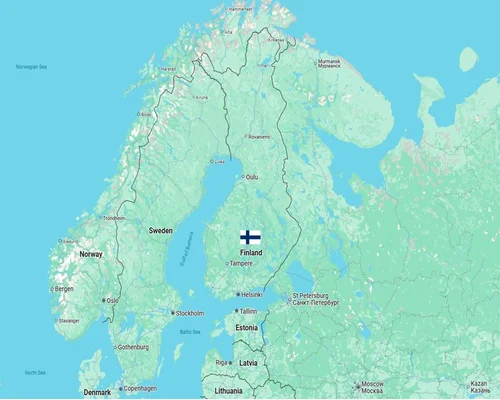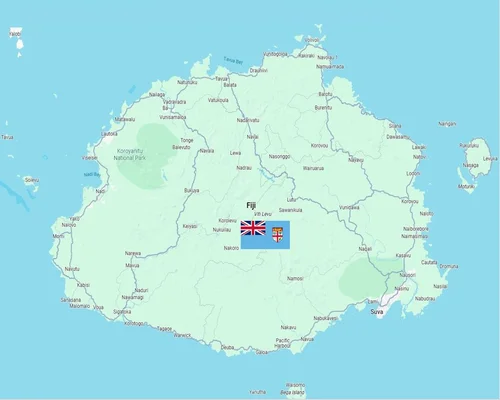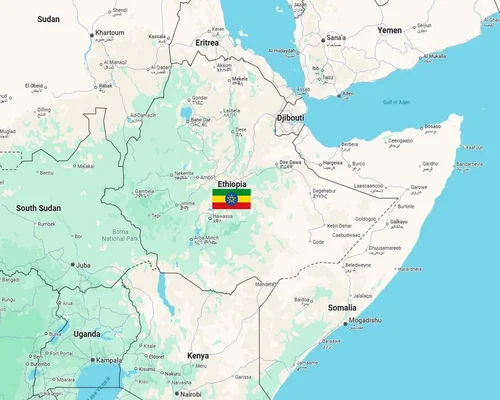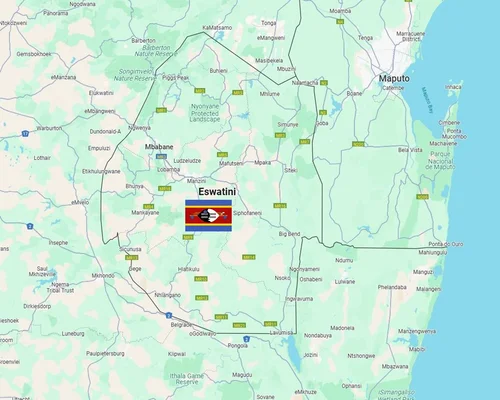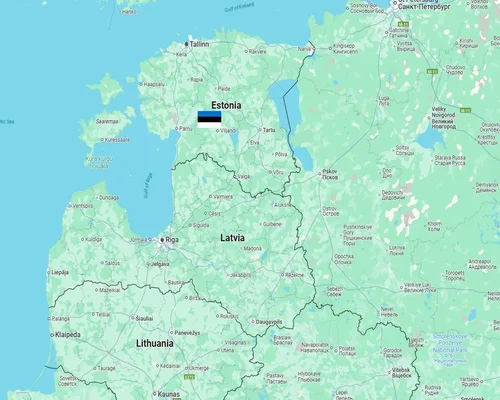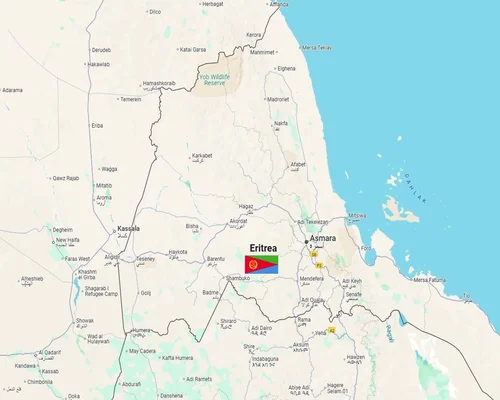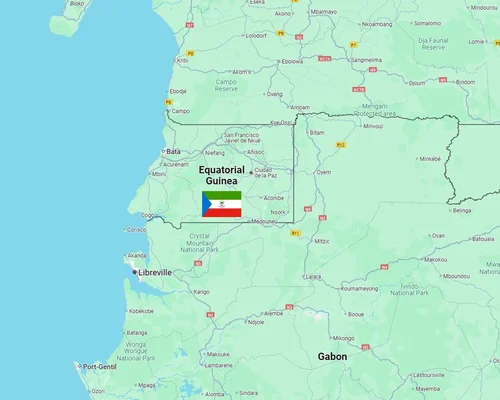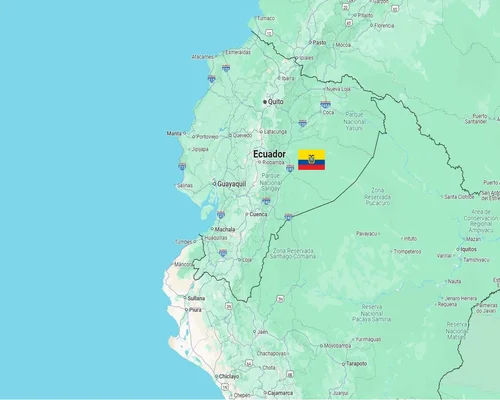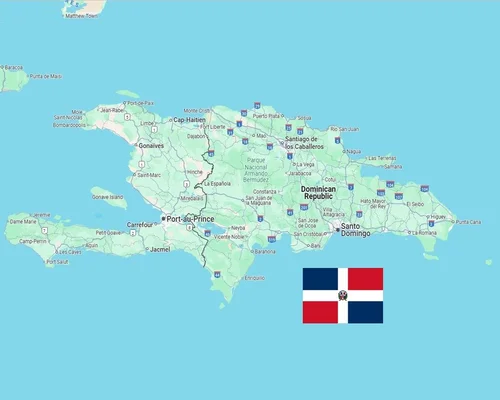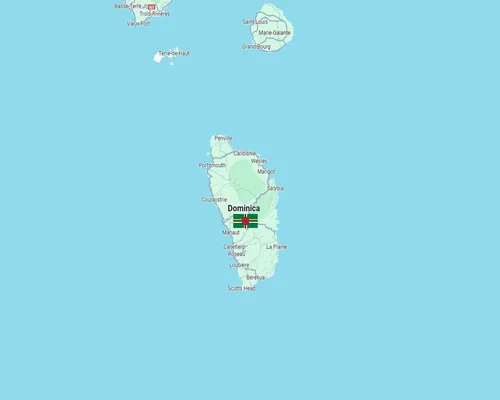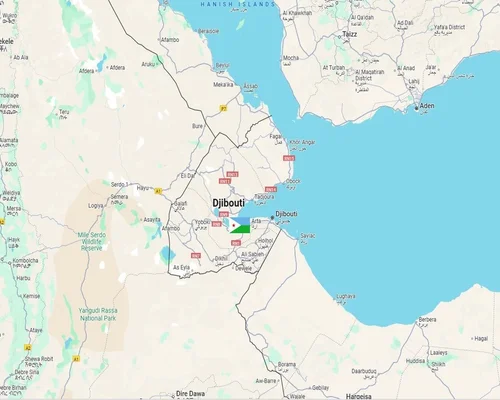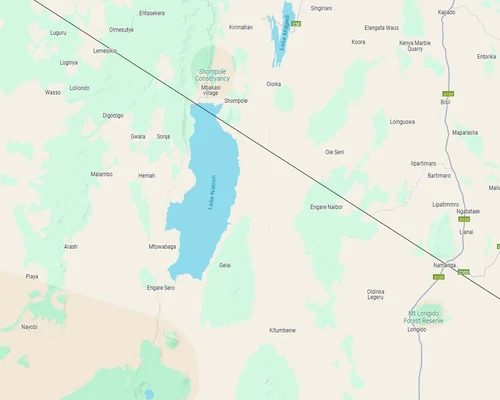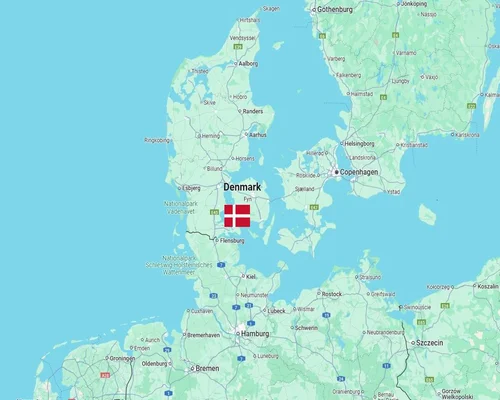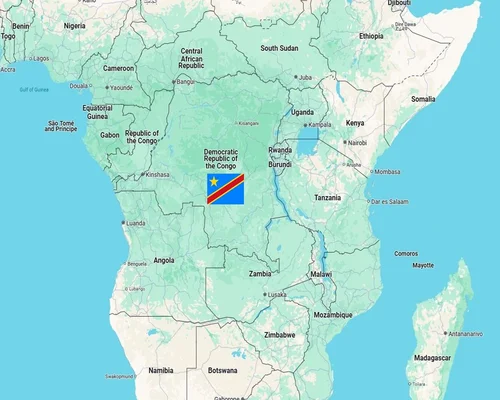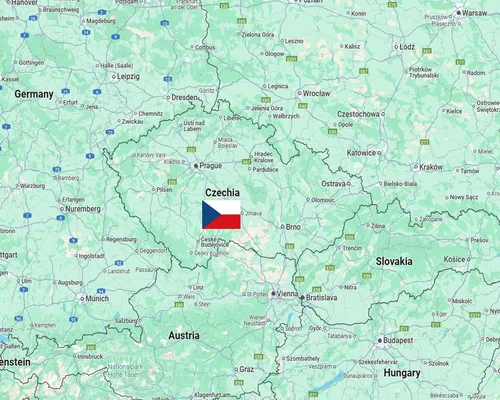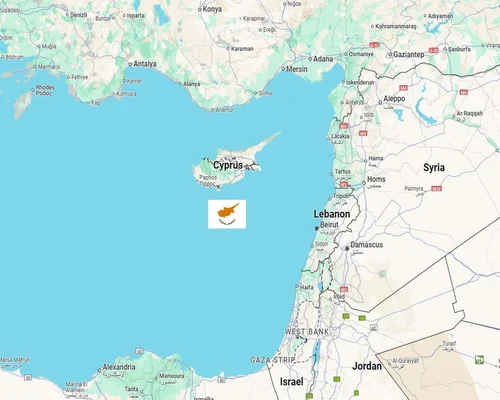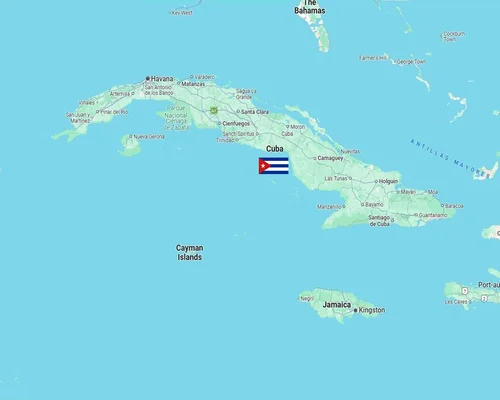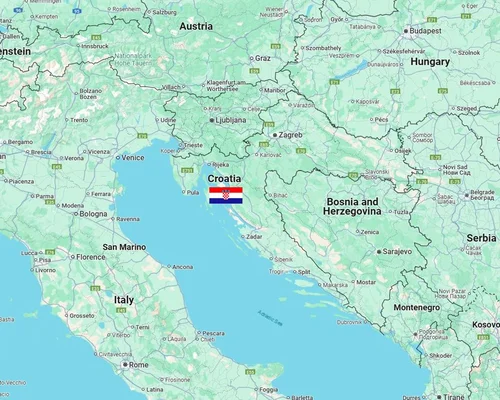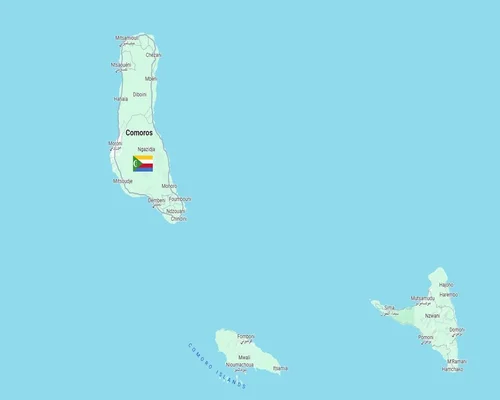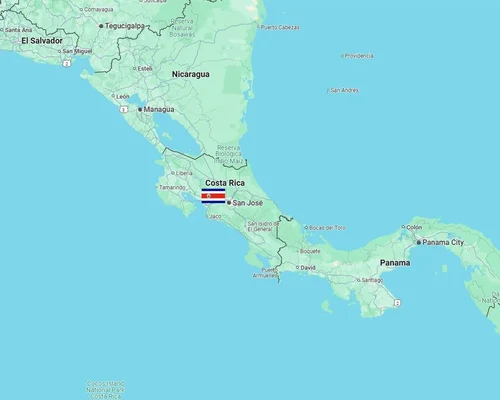
Facts about Costa Rica
Important facts about Costa Rica:
General information:
Country name: Republic of Costa Rica
Capital: San José
Official language: Spanish
Currency: Costa Rican colón (CRC)
Area: 51,100 square kilometers
Population: About 5.3 million (2024 estimate)
Religion: Predominantly Roman Catholic (about 70%)
Government system: Democratic republic
Geographical location:
Continent: North America (Central America region)
Borders:
North: Nicaragua
South: Panama
East: Caribbean Sea
West: Pacific Ocean
Natural diversity: Mountains, volcanoes, forests, and beaches.
History:
Spanish colony: Spanish rule began in 1563.
Independence: Gained independence from Spain on September 15, 1821.
Political stability: One of the most stable and peaceful countries in Central America.
Military abolition: The country abolished its military in 1949.
Economy:
Main sectors:
Agriculture (coffee, bananas, pineapples).
Tourism (eco-tourism).
Technology and service industries.
Exports: Coffee, bananas, pineapples, medical equipment.
Challenges: Unemployment and income inequality.
Special features: Internationally recognized for its environmentally friendly development.
Culture and heritage:
Language: The main language is Spanish, but English is widely spoken.
Festivals and events:
Fiesta de los Diablitos
Carnival and religious festival.
Food:
Gallo pinto (rice and bean mixture).
Casado (rice, beans, salad, and meat mixture).
Tropical fruits such as pineapple, papaya, and bananas are popular.
Tourist attractions:
Arenal Volcano: Active volcano.
Monteverde Cloud Forest Reserve: Biodiverse forest.
Manuel Antonio National Park: Famous for its wildlife and beaches.
Corcovado National Park: Home to rare animals and plants.
Tortuguera National Park: Famous for seeing sea turtles.
Playa Conchal and Tamarindo beaches: Attractive beaches for tourists.
Special features:
Environmentalist country:
Aims to be the world first coal-free and renewable energy-dependent country.
A pioneer in forest conservation and a biodiversity hotspot on earth.
Education and health:
Free education and advanced healthcare.
Political peace:
No military and known as a peaceful state.
Conclusion:
Costa Rica is known worldwide for its natural beauty, environmentally friendly policies, and political stability. It is popular for eco-tourism and is considered one of the most peaceful countries in the world.

